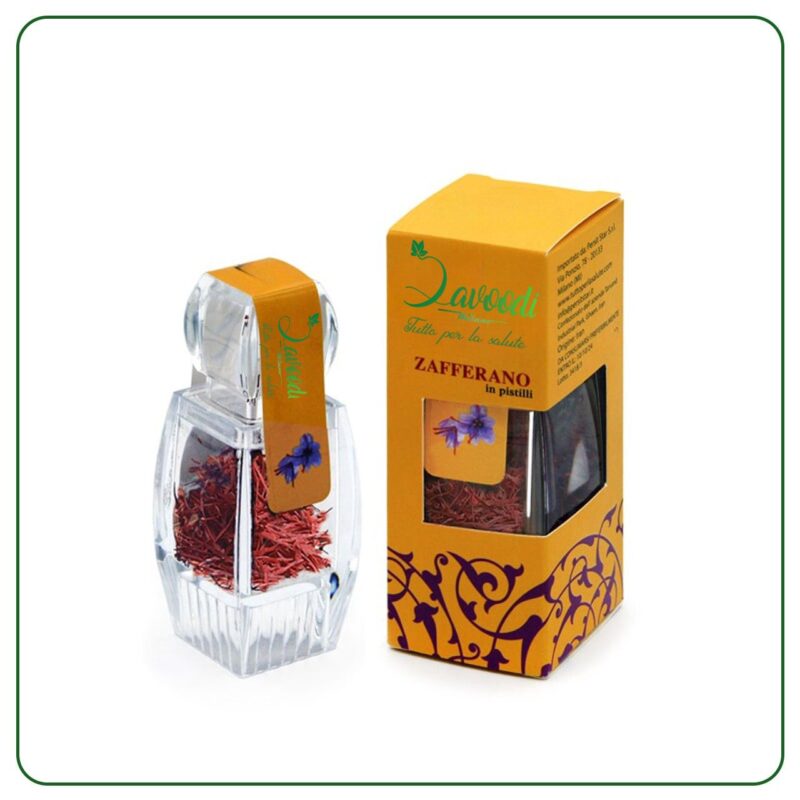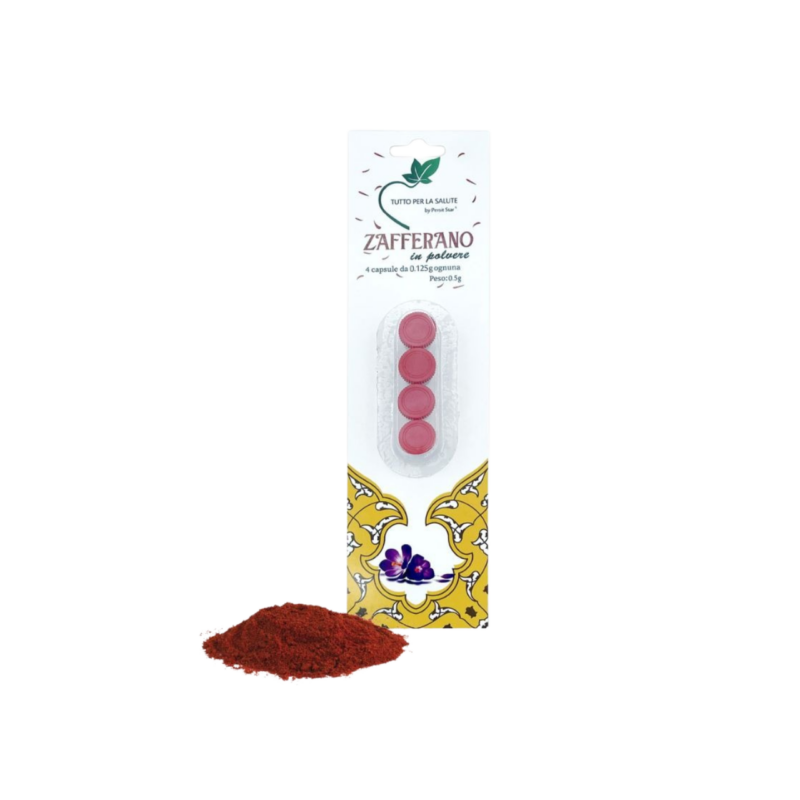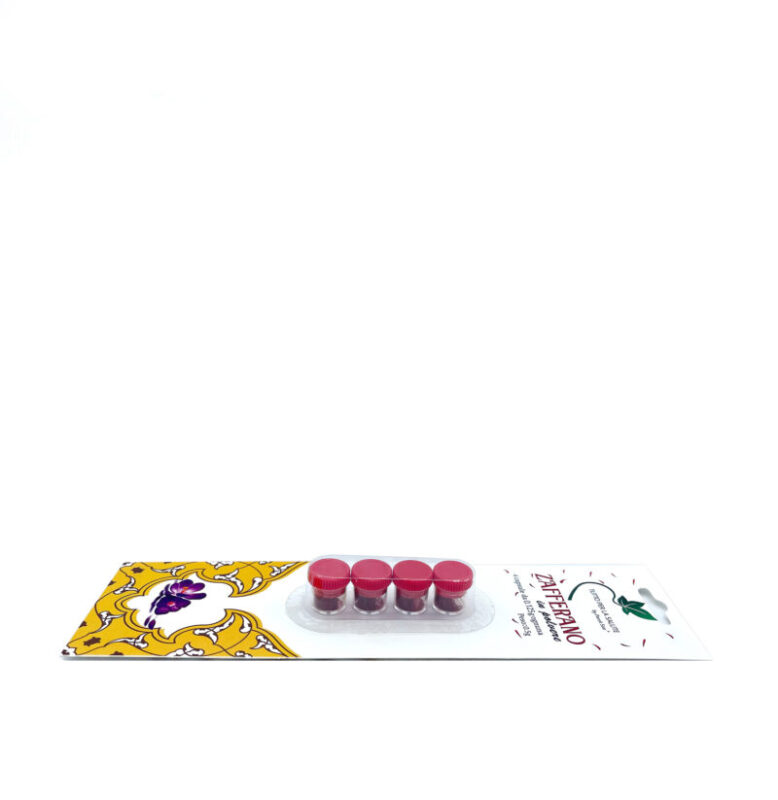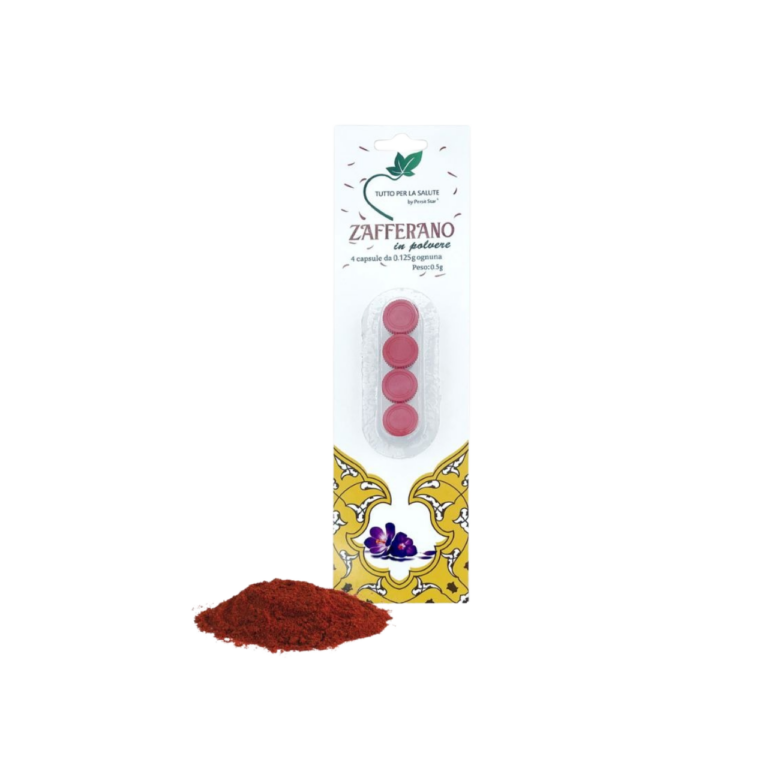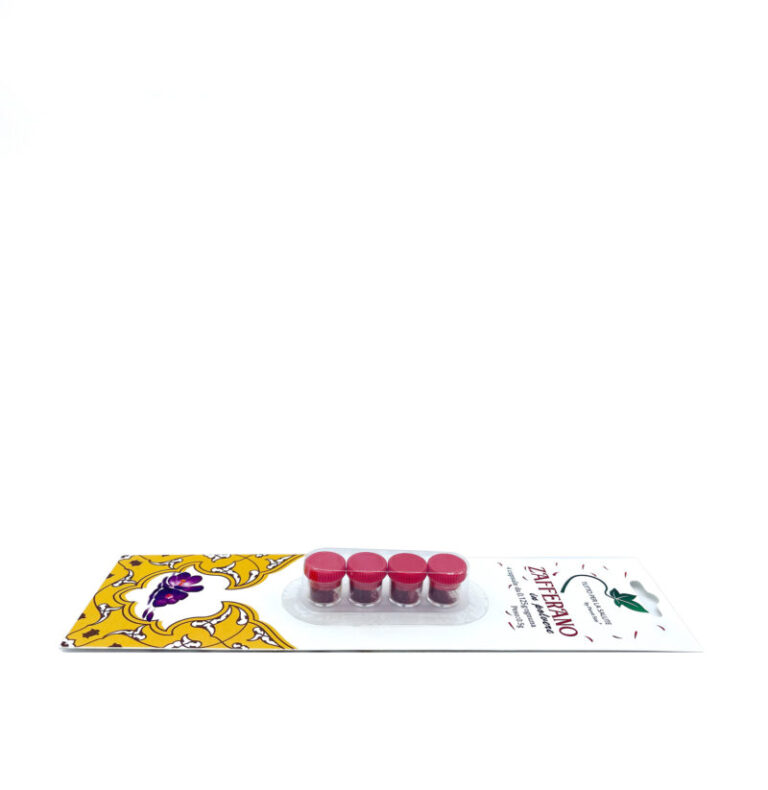Saffron in Traditional Medicine

Saffron in Traditional Medicine
Saffron, often referred to as "red gold," is not only prized for its unique flavor and vibrant color but also for its long-standing role in traditional medicine. For thousands of years, saffron has been utilized in various cultures around the world, particularly in Asia, the Middle East, and Mediterranean regions, as a remedy for a wide range of ailments. Its medicinal properties are vast, ranging from mood enhancement to improving digestion and even acting as an aphrodisiac. This article will explore the historical and contemporary uses of saffron in traditional medicine, its healing properties, and how it continues to be an important part of natural health practices.
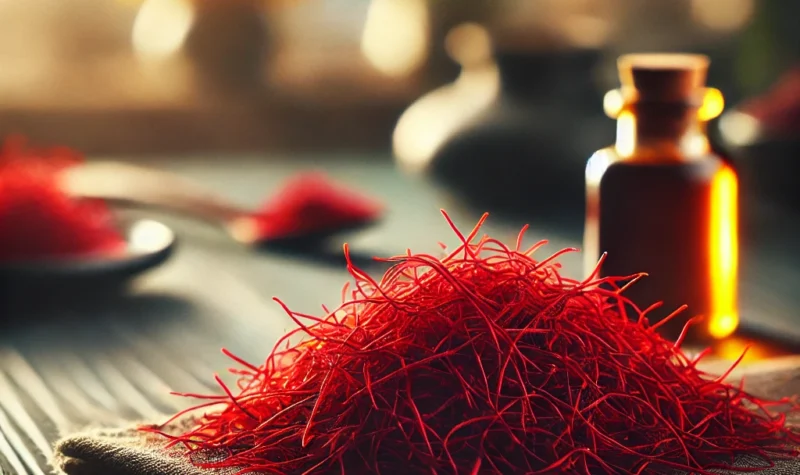
1. Mood Enhancement and Mental Health
One of the most well-documented uses of saffron in traditional medicine is its ability to improve mood and alleviate symptoms of depression. Ancient herbalists and healers often used saffron to treat emotional disturbances and mental health issues. Modern studies have confirmed its efficacy, showing that saffron can increase serotonin levels in the brain. Serotonin is a neurotransmitter that helps regulate mood, and its deficiency is linked to depression and anxiety. Saffron’s antidepressant effects are believed to be due to its compounds, such as crocin and safranal, which work to boost serotonin levels and help combat feelings of sadness and melancholy.
Our products guarantee your health with the highest quality. You can confidently order and use our products without worry.
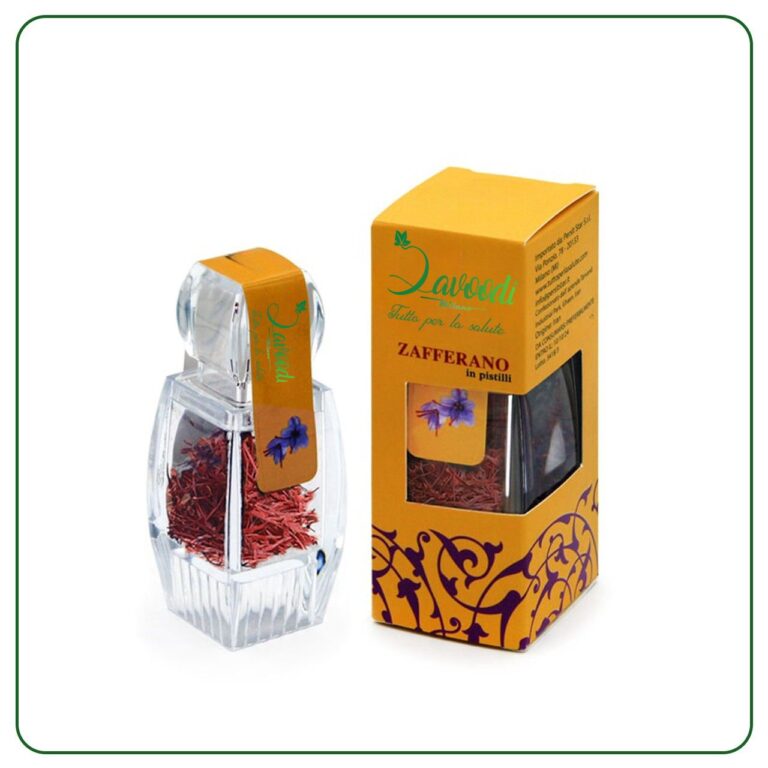
ZAFFERANO IN PISTILLI
Litora adipiscing aliquet urna parturient a purus velit per ullamcorper dui eu cum litora dignissim natoque porttitor convallis donec dictumst blandit natoque et blandit rhoncus vestibulum nam netus metus. Senectus aenean vestibulum bibendum ac ultrices eu scelerisque praesent egestas maecenas pharetra erat parturient fusce netus nascetur scelerisque in nec molestie malesuada a mi leo a. Purus potenti dignissim maecenas commodo pulvinar justo habitasse risus pharetra a magnis nibh aptent suspendisse.
2. Digestive Health
In traditional medicine, saffron has been used to aid digestion and improve overall gut health. It is believed to stimulate the production of digestive enzymes and enhance the absorption of nutrients. Saffron’s ability to relieve bloating, indigestion, and gas is one of the reasons it has been a staple in digestive treatments for centuries. Additionally, it is considered to have mild sedative effects, which can help relax the muscles of the digestive tract and reduce discomfort.
3. Anti-inflammatory and Pain Relief
Saffron has been used as an anti-inflammatory agent for centuries in traditional medicine. It contains compounds that reduce inflammation, which is the root cause of many chronic diseases, including arthritis and heart disease. Traditional healers used saffron to treat joint pain, stiffness, and swelling associated with inflammatory conditions. Its analgesic properties have also made it a popular remedy for headaches and muscle pain. By reducing inflammation, saffron helps manage these conditions and promotes overall well-being.
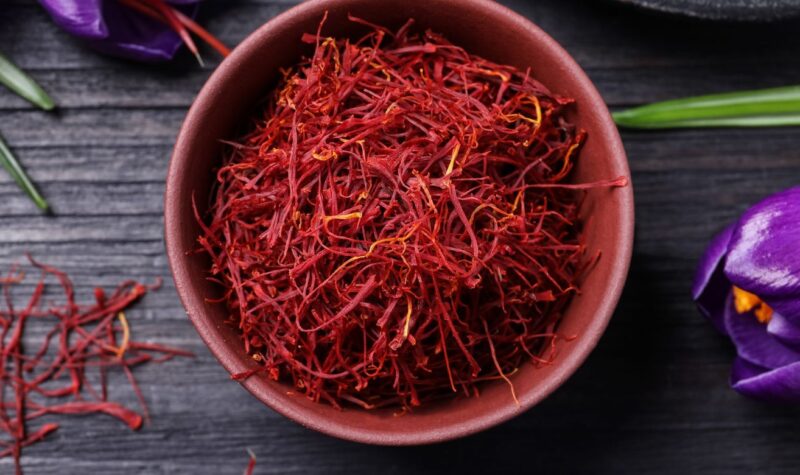
4. Aphrodisiac and Sexual Health
In many traditional cultures, saffron has been used as a natural aphrodisiac. It was believed to enhance libido and improve sexual performance, especially in those suffering from sexual dysfunction. Traditional medicine often recommended saffron for boosting vitality and improving sexual health. Some studies have suggested that saffron can improve erectile dysfunction and enhance sexual satisfaction by increasing blood flow to the reproductive organs and balancing hormone levels.
5. Vision and Eye Health
Saffron has been traditionally used to support eye health and improve vision. Ancient texts and herbalists often recommended saffron for treating conditions like night blindness and age-related macular degeneration. The active compounds in saffron, especially crocin, have been shown to protect the retina from oxidative damage, which can lead to vision loss. In some cultures, saffron-infused water or eye drops were used as a treatment for sore eyes and other eye infections.
6. Respiratory Health
Saffron has also been used to treat respiratory issues in traditional medicine. Its anti-inflammatory properties help to alleviate symptoms of asthma, bronchitis, and coughs. Saffron was often included in herbal remedies aimed at clearing the airways and reducing chest congestion. Its mild expectorant effects help loosen mucus, making it easier to expel, and it is often combined with other herbs like honey or ginger to soothe sore throats and coughs.
7. Anti-cancer Properties
While still an area of active research, saffron’s potential as an anti-cancer agent has been recognized in traditional medicine. Saffron contains several bioactive compounds, including crocin, crocetin, and safranal, that have shown potential in inhibiting the growth of cancer cells. These compounds are believed to work by neutralizing free radicals and reducing oxidative stress, which can lead to cancer development. Traditional healers have used saffron as a preventive measure against various types of cancer, although modern research is still investigating the extent of its efficacy.
8. Skin Health
Saffron has long been used in traditional medicine for its skin-healing properties. It is believed to have antiseptic, anti-inflammatory, and skin-brightening effects. Saffron is often used in face masks, creams, and oils to treat acne, dark spots, and skin discoloration. Its antioxidants help protect the skin from environmental damage and promote a radiant complexion. In many cultures, saffron is also used to treat wounds, cuts, and burns by applying a paste made from saffron and other natural ingredients.
Conclusion
Saffron’s use in traditional medicine spans centuries and has been integral to natural healing practices in many cultures. From enhancing mood and aiding digestion to promoting sexual health and protecting eye health, saffron’s medicinal benefits are diverse and extensive. While more research is needed to fully understand its mechanisms, the historical use of saffron as a remedy for various ailments continues to be a testament to its effectiveness as a natural medicine.






